12 Biggest Bass Fishing Myths Debunked
Bass fishing is an amazing sport that everyone should try at least once, but unfortunately, it is also filled with all sorts of blatantly nonsensical myths.
Some of these are harmless, but some of them can easily set new anglers down the wrong path. Worse, some of these myths can and do create bad habits that last a lifetime.
Today, we’re going to bust some of the biggest bass fishing myths out there to make sure you’re making the right decisions on the water.
Let’s get started.
Newsletter Signup
1: You Can’t Catch Bass in the Winter
This is one myth that circulates almost solely with casual anglers, and that’s not an insult. There’s a very good reason that’s the only crowd that believes you can’t go bass fishing in winter.
It is true that bass slow down and minimize their activity during the winter, but they don’t slump against a downed log and just sit there the entire season.
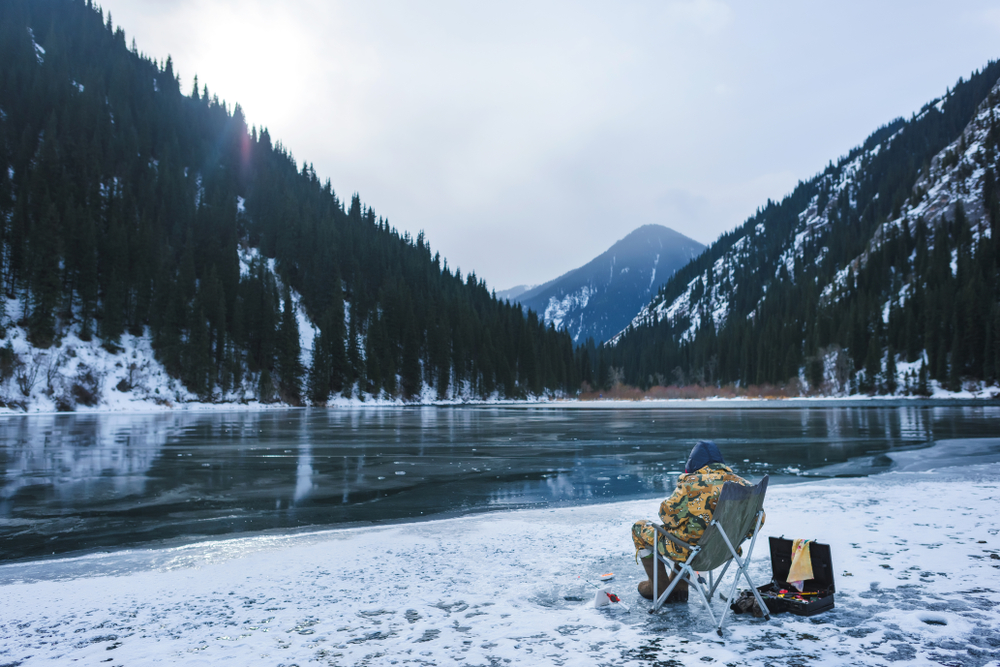
They are out and about, and you can catch them. They still have to eat, and they still move around the water column to find optimal temperatures.
Bass are reasonably active down to 39 degrees. Only the coldest winter days will see them drop their activity to levels that make them hard to catch.
Now, here’s why this is such a common bass fishing myth with weekend warriors. The biggest bass fishing tournament in the world takes place in the middle of winter.
That’s specifically done to ensure that participating anglers are fishing under the most difficult conditions. If bass were dormant, we wouldn’t have the Bassmaster tournament.
2: Bass Can’t Catch Fast Lures in the Cold
In the winter, it’s almost always a good idea to fish slower and more methodically. You want to focus on your presentation in colder climates. That’s not because the bass can’t physically catch the lure, though. If the bass wants it, it will get it.
The reason you need to fish slower is because bass are trying to conserve their energy, and it takes a high-quality presentation to make them put in the effort. Once they’re on the hook, you’ll see how energetic they can be.
3: Bass are Picky
People tend to get a few nice catches with one lure, and then they think that lure is the most productive lure available. They’ll throw it out every time, and even if it’s failing, they’ll still remember the rush of those previous catches.
Paired with the amount of effort that goes into making a nearly endless number of lure variations, this makes people think bass are picky when it comes to their diet.
That’s not true.
Bass will attack pretty much anything that looks tasty or triggers a reaction. If you’re particularly lucky, they might even bite a bare hook if it twitches just right and causes a flash.
There are a ton of factors that impact what a bass will bite. Usually, it comes down to how hungry or irritable the bass is, the type of food in its natural habitat at the time you’re fishing, and the way you’re presenting the bait.
Different lures match different situations better or worse than others. If you take into account that most anglers only fish in the summer during specific times of day, that explains why certain lures seem to be far superior to everything else.
4: The Moon Affects Spawning
One of the biggest bass fishing myths is that bass spawns according to the moon cycle. That’s not true. The moon doesn’t have any special powers over bass or anything like that, and there’s a perfectly reasonable explanation.
Bass start spawning when the water starts reaching 63 degrees. That’s the optimal temperature for their eggs to have the best chance of survival.
However, the timing of both the first warm-up and the moon cycle tends to align somewhat consistently.
While not guaranteed, if you pay attention to the time of year, weather forecast, and the moon cycle, you can get an idea of when the fish will spawn within a reasonable window.
Of course, you can also pay attention to the water temperature where you fish or Google it. There isn’t much of a reason to worry about the phase of the moon.
5: Bass is Only in Deep Water During the Winter
This one is partially true, but it’s usually misinterpreted. During the colder season, you tend to find bass in deeper water. That’s not because they’re physically limited to the deeper portions of the lake, though.
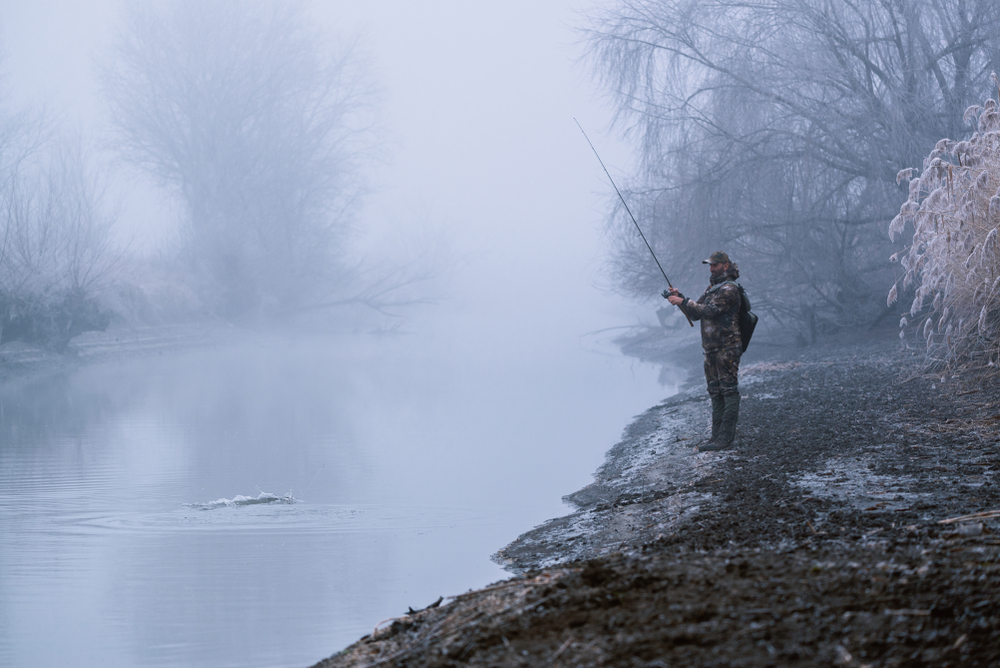
Sometimes, they descend because the temperature is a bit warmer than the shallows, and sometimes, it’s because the bait fish have descended. Many of the fish a bass eats go lower in the water column during the colder season.
However, you can find them in the shallows regularly, and they more or less follow their food around.
6: The Bigger the Bait, the Bigger the Bass
There’s a bass fishing myth that big bass love big baits, and if you’re throwing out anything that could be considered “small” you won’t catch the big lunkers. That’s not true.
Giant bass will bite the same lures that freshly spawned bass do. We’ve caught decent bass on little crappie tubes when we weren’t even bass fishing. George Perry’s legendary record was caught on what most would consider a medium-sized lure in the modern era.
That doesn’t mean that giant swimbaits don’t have their place in your tackle box but don’t think that they’re the only lures you can use to catch your next personal record.
Bass will bite lures that are presented well, and it helps if the lure matches the natural prey the bass are going after during any given season.
One thing you should consider is that many of the large swimbaits are designed to realistically mimic the action of a real fish. So, the presentation is likely going to be a lot better than a poorly presented trick worm.
Also, you might even reduce your chances of catching anything by using massive lures. While big bass will bite smaller lures, younger, smaller bass aren’t going to swallow a foot-long artificial trout.
7: You Need a Boat
This is one of the biggest myths regarding bass fishing. First, we want to say that a boat does offer a multitude of advantages.
You can have a sonar unit installed that doesn’t need to be cast around the lake and potentially lost, you can reach places other anglers can’t, and you can carry a lot more gear on your boat than you can in your hands.
However, it’s not necessary, you can fish for bass without a boat.
Not only do plenty of anglers catch big bass from the bank, but we want you to take a minute to think about what you typically see boat fishermen doing. You likely notice them buzzing the shoreline no more than 20 feet away, and they cast right at the bank.
This is one of the biggest complaints of bank fishermen. They’ll run over lines, cast in the spot you’re fishing in, etc.
That’s because most of the good debris and plant life is near the bank, and bait fish regularly swim through the shallows looking for bugs that have fallen into the water. Bass are all around the bank a good portion of the time.
So, you don’t need a boat to fish effectively. You’ll probably fish around the same distance from shore when you do get one. Instead, you can focus on moving frequently and trying to take the path less traveled to reach hard-to-access spots.
8: You Need a Big Boat
Once you bite the bullet and buy a boat, you’re still not off the hook. A lot of anglers like to think that bigger means better, and that goes for boats, too.
That’s not true. Boats can be detrimental at a certain point.
A big boat might give you more room to move around on the deck, storage space, and usually, a lot of high-tech features, but that comes at a price. We’re not talking about the bigger price tag, either.
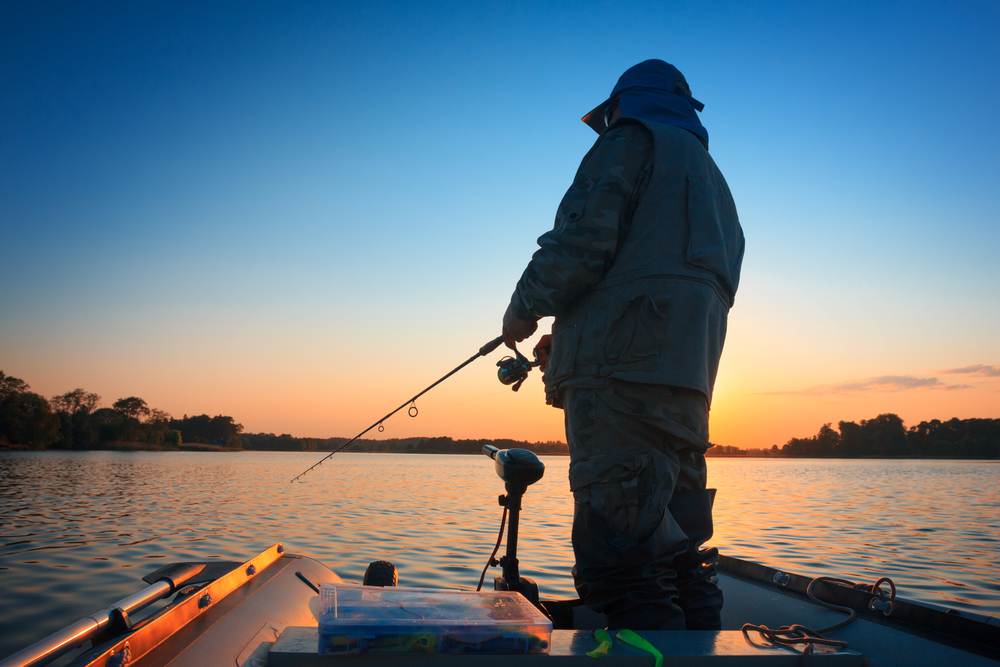
Big boats can limit where you’re able to fish. Some of the best spots are narrow gaps between piers, along sandbars, and similar spots. You’re not going to squeeze a boat into those spots.
You can also have a more difficult time getting your boat into the water depending on how the boat ramp is laid out, and you need more expensive trailer solutions to tow it.
A big boat can be nice, but it’s not essential in any way. Sometimes, a smaller boat is better.
9: It’s Okay to Lip Every Bass or Toss Them Back
Catch and release fishing, or CPR as it’s usually called, has done an amazing job at preserving the bass population. If fishermen still fished to eat as they did in the early 1900s, but with today’s popularity, bass would probably be in a rough spot.
However, you see a lot of photos and clips of anglers “lipping” everything they catch, or they simply chuck them back into the water. The idea is, since you’re returning it to the water, none of those things are big deals.
It’s a blatant disregard for the fish, and it can be deadly.
Mishandling bass is a major contributor to the statistics showing at least 22%, and up to 33%, of bass released still die shortly after returning to the water.
Holding the fish purely by its lip can put an excessive amount of stress on its jaw and even damage it. This is especially true with bigger bass that weighs a lot more.
Also, simply chucking them into the water denies them the ability to relax after their fight, and things such as dragging them over rocks or letting them flop around on the ground can be detrimental, too.
We’ll never fully remove the chance of killing a bass while fishing, but we can greatly reduce the percentage of bass that die by properly handling them. We should also stabilize the fish by supporting them upright in the water by their bellies until they regain their strength naturally.
10: Bass Strike Red Hooks
The idea with this one is that red hooks look like blood, and the bass will snatch them up more often than they will lure on standard steel hooks.
This isn’t true.
Bass will bite a properly presented lure regardless of the hook color, and if a red hook does anything, it might reduce any flash that comes off the hook.
11: Bass Only Eat in the Morning and Evening
This is a popular bass fishing myth even seasoned anglers fall for. Have you ever heard that you HAVE to fish in the morning or late evening to catch bass consistently? It’s not true.
Fish are more active during those periods because of the amount of light penetrating the water. They prefer to do their hunting while light levels are lower. So, this is partially true, but it’s not because anything special is going on at those times.
If there’s an overcast in the middle of the day, it’ll have the same effect as getting up at 4 in the morning to hit the lake.
12: A Heavier Rod for Big Bass
For a while, it seemed like everyone online wanted to practically fish with a broomstick. Everyone wanted super-heavy rods, big jigs, and braided lines regardless of what they were doing on the water.
Sometimes, the excuse was that they were catching big bass and needed the added strength, and sometimes, they were harping on about the lure myth we talked about earlier. In any case, it’s simply not true. It’s bad for your overall fishing experience.
Heavy rods have their place in bass fishing. They’re great for lobbing out topwater frogs, and with a fast-action tip, they produce great action with such baits.
They can also be necessary for massive swimbaits and heavy jigs that punch through moss mats. However, they’re not the be-all-end-all of bass fishing.
If you have a high-quality rod and take care of it, you can keep heavier fish on the line without damaging your rod. You just have to learn to fight the fish properly instead of manhandling it out of the water.
Bass Fishing Myths are Negative for the Sport
There will always be bass fishing myths permeating the community, but in many ways, it’s time to stop the nonsense.
While telling everyone you saw a flathead catfish the size of a Volkswagen at the dam is a staple of the fishing world, some of these myths are detrimental to the sport, and new anglers listen to them.
Instead of listening to myths and nonsense to catch big bass, get the BassForecast app to enhance your fishing trip.
Our bass fishing app provides you with tips and tricks you won’t get anywhere else, real-time weather updates, a spot-on solunar, and more. Check it out today.

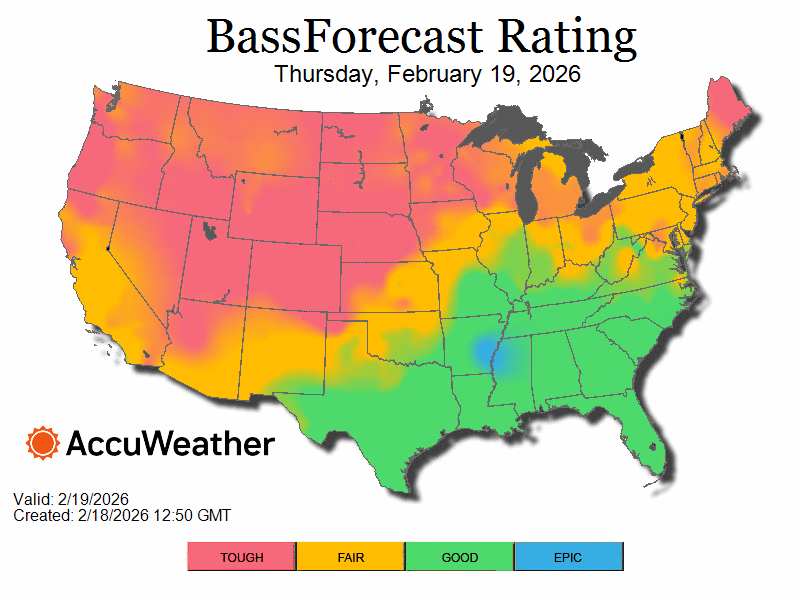
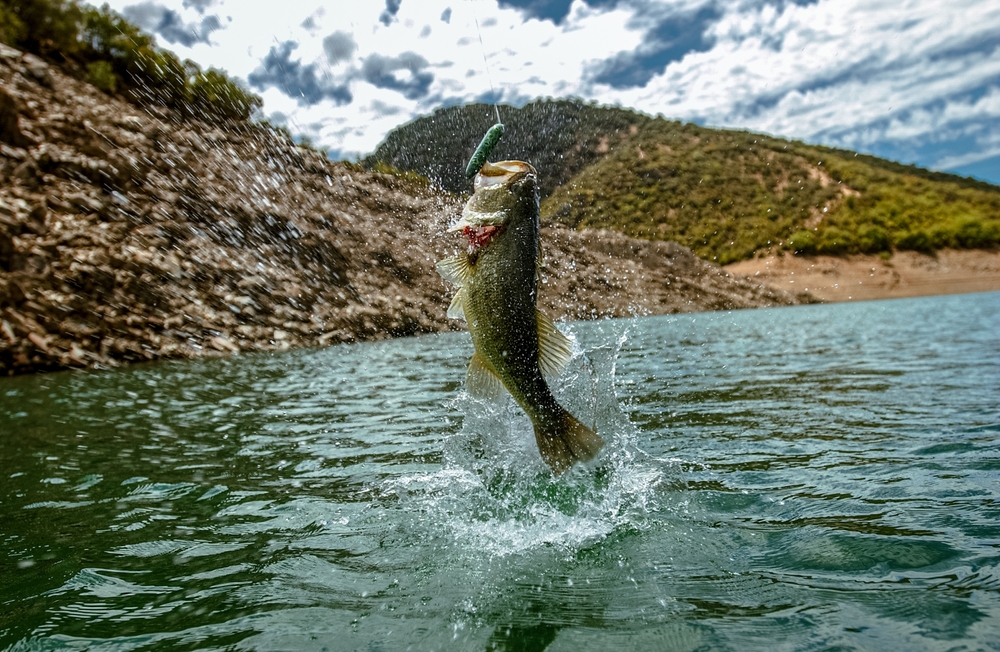

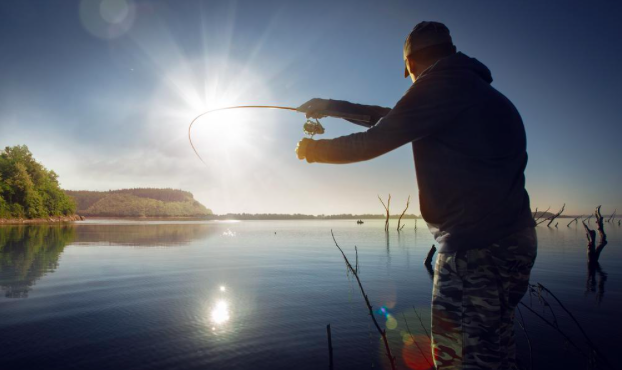

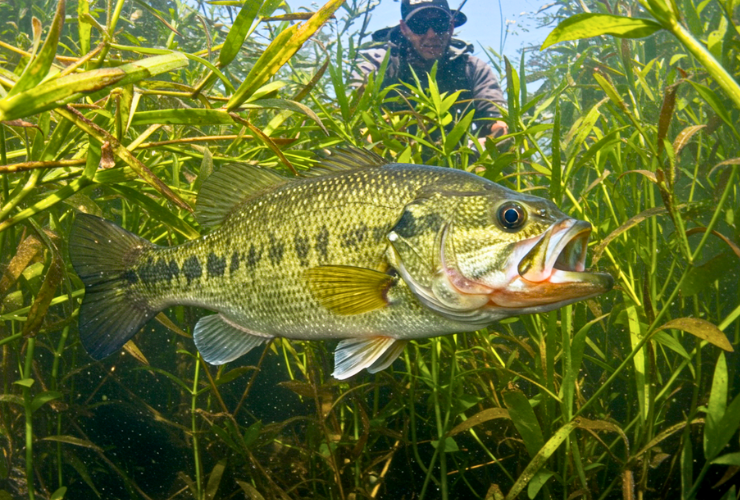
.png)
.png)